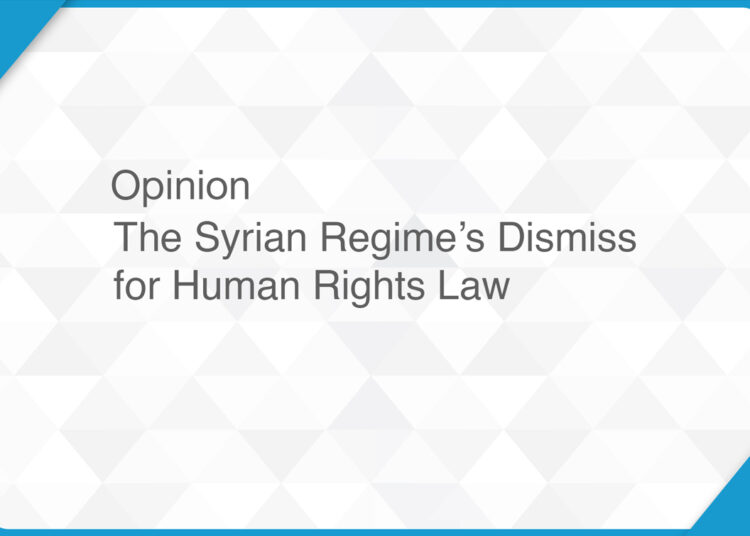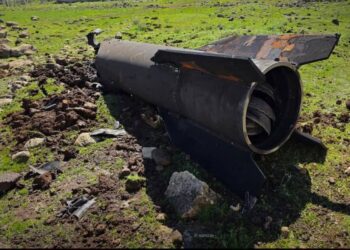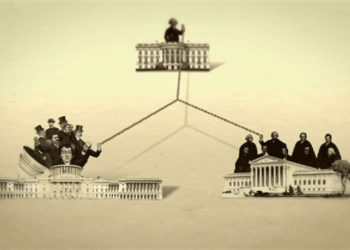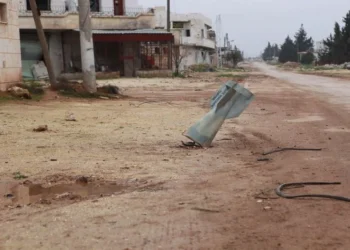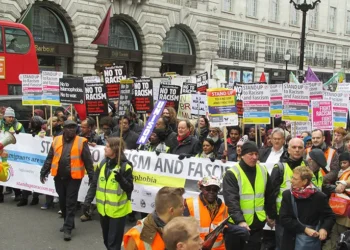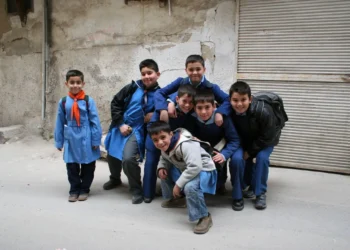It wasn’t until July 2012 that the International Committee of the Red Cross Committee declared that Syria’s popular uprising has become an internal armed conflict. Such a declaration couldn’t have been made until a number of requirements hadn’t been fulfilled. On 10 June 2011, lieutenant colonel Hussein Harmoush defected from the Syrian army, which was followed by establishing what came to be called “Lewa al Dubbat al Ahrar” (The Free Officers Brigade), marking the first semi-organized pro-Syrian revolution military faction. This faction would later become the core of the Free Syrian Army, led by the colonel Riad al Asaad, which was founded in late-September of the same year. Feeling the need for a leading political force, the Syrian National Council soon followed in October 2011, chaired by Dr. Burhan Ghalioun. Subsequently, the scope of military operations expanded until we’ve arrived at the stage of an internal armed conflict.
The purpose of this brief historical rundown is pointing out that the human right international law was the governing law in Syria before mid-June 2012. In this period of time, the Syrian regime had already committed wide violations of human rights according to national human rights reports and Commission of Inquiry reports, the first of which was released in January 2012, where the UN body accused the Syrian regime of committing crimes against humanity on multiple levels through murder, torture, and sexual violence. SNHR recorded that 28,372 individuals, including 2,483 children and 1,889 women, were killed, in addition to others who died inside detention centers. Of those, over 97% were civilians, while women and children victims made up more than 6% of all victims, which is a considerably high percentage.
